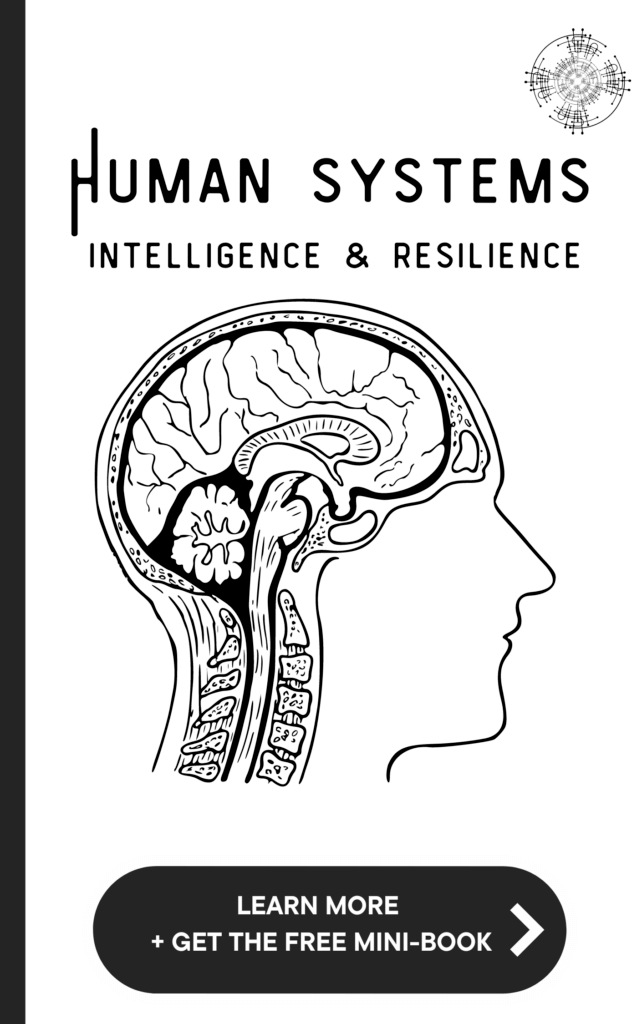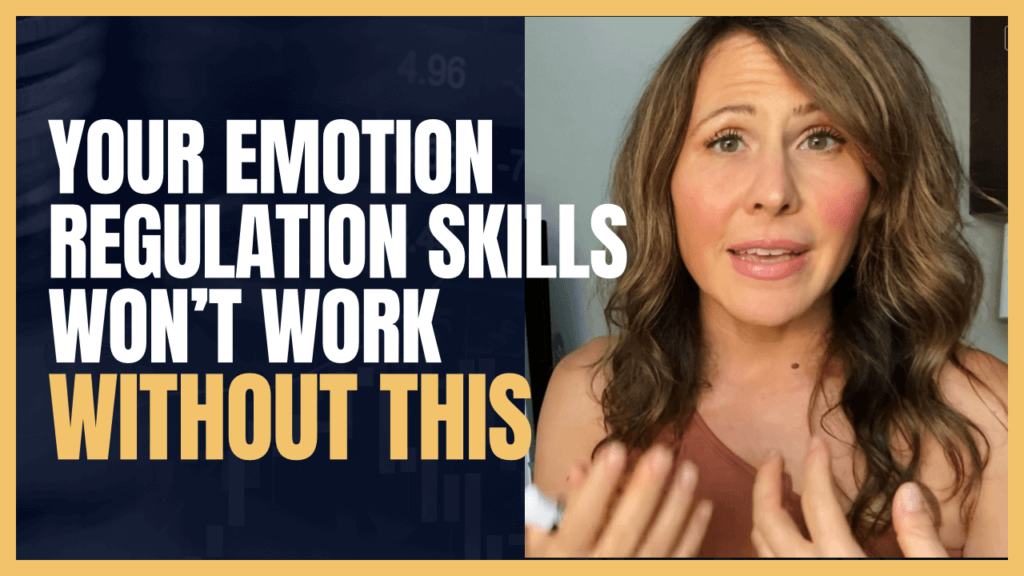
Empathy allows us to connect with others on a deep level, to recognize, understand, and even internalize the internal state of another person, their emotions and what they're going through.
A full definition of empathy includes both cognitive and affective elements. On an affective level there are two components to empathy. First, a person must experience an emotion upon observing an emotion in someone else. Second, the emotion experienced by the observer must resemble the perceived or expected emotion of the other (Valiente et al., 2004)
The cognitive aspect of empathy involves the observer having an idea, insight or cognitive understanding about the other’s emotional state. (Valiente et al., 2004).
Empathy is adaptive
Research shows that empathy plays an important role in adaptive social relations, self-esteem and other areas of social competence because of its ability to allow a person to control his or her own emotions while interacting with others (Huang et al., 2009). Certain types of skills and behaviors are associated with empathy such as:
- accuracy in identifying emotions in others
- compassion
- helpfulness
- altruism
These skills and behaviors lead to positive social experiences and are shown to be particularly influential in perpetuating adaptive social behaviors (Huang et al., 2009; Batson et al, 1981). Empathy is also linked with altruistic motivations to engage in prosocial behaviors, such as helping someone in need (Batson, 1981).
The problem with empathy
Challenges with empathy happen when the person who is empathizing becomes overwhelmed or has an aversive experience due to mirroring the emotions of another and not being able to regulate their own emotional state. This can happen especially with children, as they have not yet fully developed their own self-regulating abilities (watch my TEDx talk to learn more ).
In fact, when the intensity of emotional arousal is overwhelming, this can cause an individual to react in a self- focused way rather than be sympathetic to others (Eisenberg1990; Wood 1990). If the intensity of an emotional reaction is at a tolerable level, on the other hand, people have more emotional room to have sympathy for others because their own personal distress is not taking over (Eisenberg & Fabes, 1990).
Intensity of emotions can be tolerated and managed when we are able regulate our own internal state.
If we're not very good at achieving our desired state at will, this is where empathy can lead us take on and mirror the emotional state of the people around us in ways that may dysregulate us. Doing so without being able navigate our way back to baseline can lead us to become distressed, anxious or overwhelmed.
Skillful Attunement
Awareness is the first step. It’s important for us to know this embodied, affective and visceral type of empathy may be occurring. If we don’t have that awareness, we may have challenges in figuring out the root causes of our emotional distress. We may also not understand the importance of having boundaries and ways to find space to recalibrate after distressing encounters. Knowing that we may be over-empathizing can initiate a process for us learn self-regulation skills.
This is where Skillful Attunement comes in, a practice I use on a regular basis. I go into what it means in this video, as well as some practices we can implement on a daily basis to increase our skillful attunement abilities.
Here’s last week’s video in case you didn’t get a chance to watch!
Coming up in next week’s video…
Extreme emotional ups and downs: why they happen and what we can do about it

remember to download your free copy of the Human Systems Resilience mini-book!
(If you’re already a subscriber, check your inbox for the link)
References
Batson, C. D., Duncan, B. D., Ackerman, P., Buckley, T., & Birch, K. (1981). Is empathic emotion a source of altruistic motivation? Journal of Personality and Social Psychology, 40(2), 290-302.
Eisenberg, N., & Fabes, R.A. (1990). Empathy: Conceptualization, assessment, and relation to prosocial behavior. Motivation and Emotion, 14, 131-149.
Huang, K. Y., O’Brien Caughy, M., Lee, L. C., Miller, T. & Genevro, J. ( 2009). Stability of maternal discipline practices and the quality of mother-child interaction during toddlerhood. Journal of Applied Developmental Psychology, 30, 431-441.
Valiente, C., Eisenberg, N., Fabes, R., Shepard, S., Cumberland, A. & Losoya, S. (2004). Prediction of children’s empathy-related responding from their effortful control and parents’ expressivity. Developmental Psychology, 40, 911-926.
Wood, J. V., Saltzberg, J.A., & Goldsamt, L. A. (1990). Does affect induce self-focused attention? Journal of Personality and Social Psychology, 58, 899-908.



